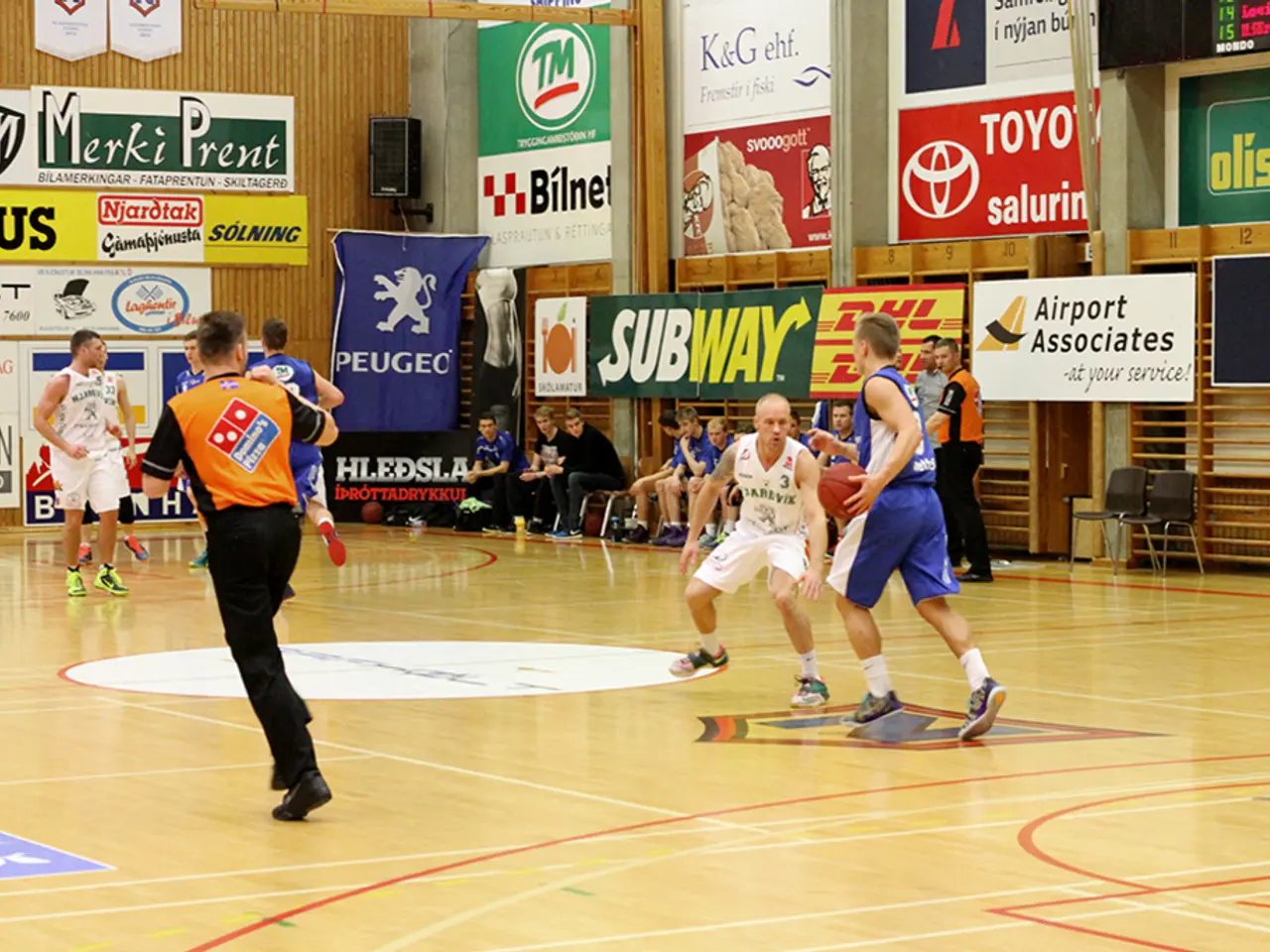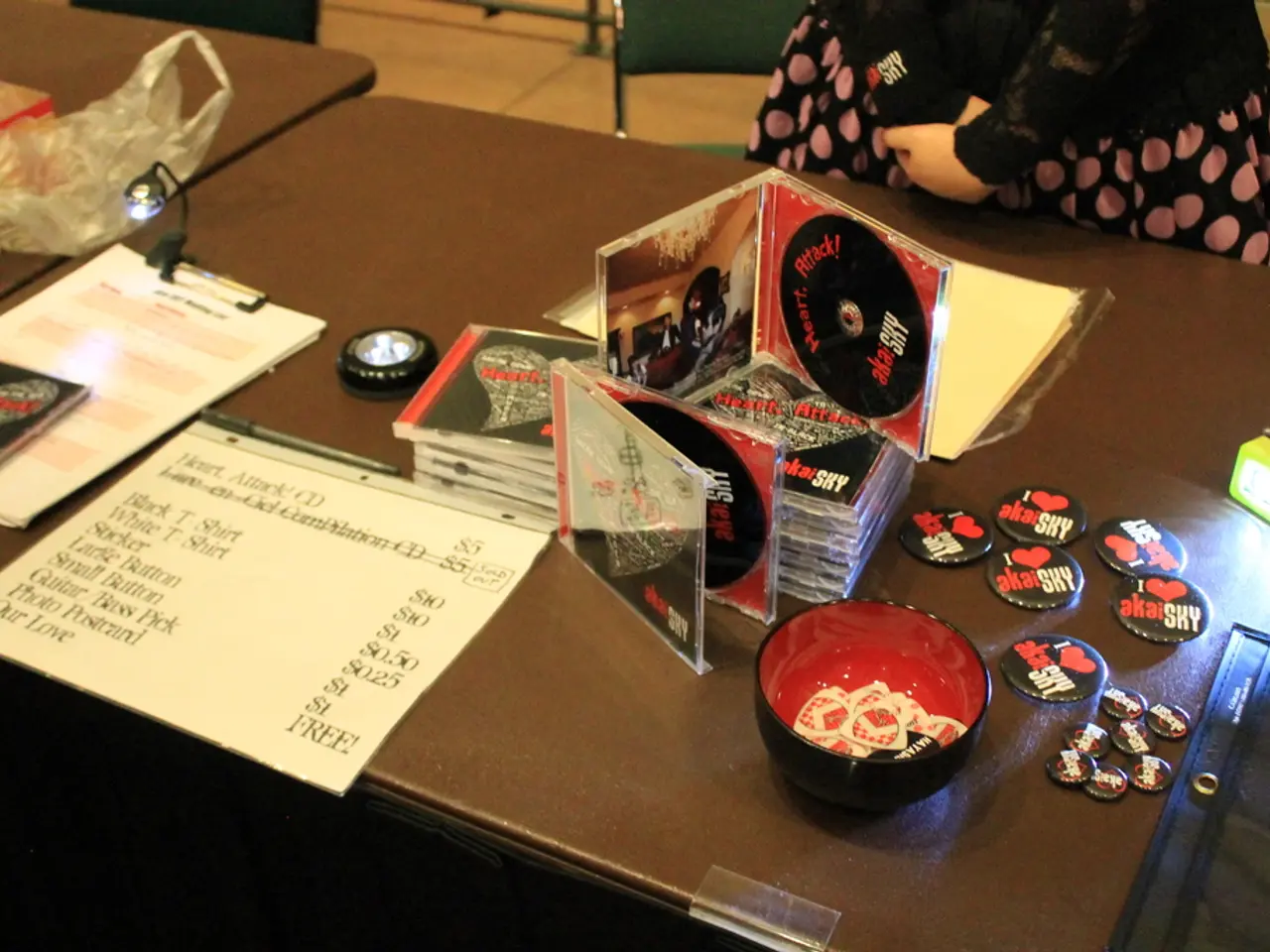Support for Rep. Titus' FAIR Bet Act increases after the American Gaming Association (AGA) was criticized for backing the 'Big Beautiful Bill'
The gambling industry is currently grappling with a significant change in tax laws, following the passage of the One Big Beautiful Bill (OBBB) on July 4, 2025. This legislation, signed into law, has capped gambling loss deductions at 90%, down from the previous 100%. In response, a bipartisan bill known as the FAIR BET Act has been introduced, with the primary aim of restoring the ability of gamblers to deduct 100% of their gambling losses on their taxes [1][2][3].
The FAIR BET Act, spearheaded mainly by Rep. Dina Titus (D-NV), has garnered considerable support from both sides of the aisle. This bipartisan backing is a reflection of the growing momentum the bill has gained in Congress [4]. However, the legislation is yet to become law as of late July 2025. Efforts to repeal the 90% deduction cap through other bills, such as the Full House Act by Sen. Catherine Cortez Masto, have faced opposition from Senate Republicans, indicating that legislative challenges remain [1].
The FAIR BET Act is not just a response to the changes brought about by the OBBB; it is also a reaction to the criticism that the cap unfairly penalizes professional and recreational gamblers. If passed, the bill would "bring fairness back to gaming taxation" [1][3]. Important gambling industry organizations, such as the National Thoroughbred Racing Association (NTRA) and the American Gaming Association (AGA), support the FAIR BET Act’s goal to restore full deduction rights [2][1].
For instance, the AGA has issued a statement supporting Rep. Titus' FAIR Bet Act and committing to working with Congress to restore the long-standing tax treatment of gaming losses. However, the AGA's initial support for the One Big Beautiful Bill has faced criticism, with gamblers stating that the lobby was out of touch with players [5].
The tax implications of the OBBB are significant. Under the current tax law, a gambler with $100K in winnings and $100K in losses would have no gambling income to report. However, with the new 90% cap, if a person made $90K at their day job, they would be in the 22% IRS tax bracket for a single taxpayer. With their $10K in gambling "winnings," their tax responsibility for the year is now $100K, resulting in a tax bill of $22K, an increase of $2,200 compared to the previous year. For high-stakes gamblers with larger winnings and losses, or higher-income earners, the tax implications are greater, as the IRS's top tax bracket is 37% [6].
To avoid reporting their winnings and to mitigate the increased tax burden, some gamblers may resort to using unregulated platforms. Rep. Titus has warned that this Senate change will push people to not report their winnings, potentially leading to a rise in unregulated gambling activities [7].
In the new regulatory environment, a person would only be allowed to deduct $90K against their $100K in winnings, meaning they'd be on the hook for $10K in earnings. The FAIR BET Act aims to prevent this scenario by restoring the previous 100% deduction for gambling losses [8].
The FAIR BET Act's progress through Congress is being closely watched by the gambling industry and players alike. With bipartisan support and industry backing, the bill stands a good chance of becoming law. However, political opposition and legislative challenges remain, making the outcome uncertain [1][4].
- Rep. Dina Titus (D-NV) has spearheaded the FAIR BET Act, aiming to restore the 100% deduction of gambling losses on taxes.
- The FAIR BET Act, facing opposition from Senate Republicans, seeks to repeal the 90% deduction cap established by the One Big Beautiful Bill (OBBB).
- The American Gaming Association (AGA) supports the FAIR BET Act's goal, committing to work with Congress to restore the long-standing tax treatment of gaming losses.
- Critics argue that the AGA's initial support for the OBBB was out of touch with the concerns of gamblers.
- The OBBB's tax changes have significant implications for gamblers, causing an increase in tax bills, especially for high-stakes gamblers and higher-income earners.
- To mitigate the increased tax burden, some gamblers may turn to unregulated platforms, potentially leading to a rise in unregulated gambling activities, as warned by Rep. Titus.
- With its bipartisan support and industry backing, the FAIR BET Act stands a good chance of becoming law; however, the political opposition and legislative challenges remain unclear.
- The National Thoroughbred Racing Association (NTRA), like the AGA, supports the FAIR BET Act, sharing the goal of bringing fairness back to gaming taxation.




